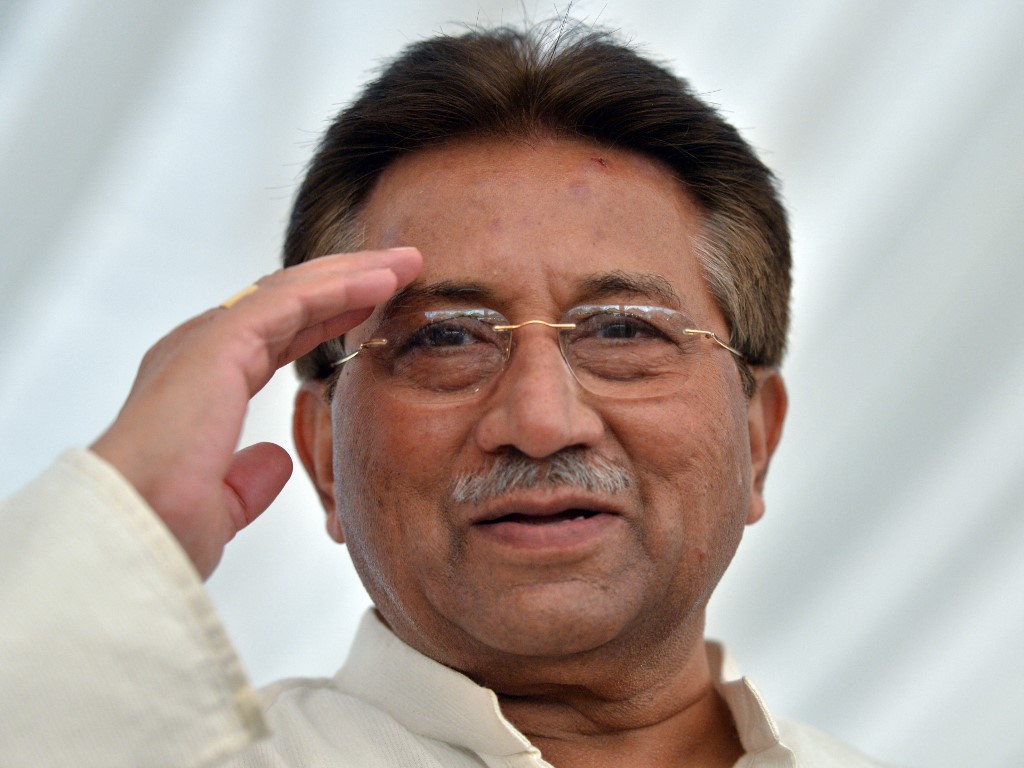
Pakistan’s former military ruler Pervez Musharraf has died in Dubai aged 79 after a long illness, the army said Sunday.
Senior military chiefs “express heartfelt condolences on sad demise of General Pervez Musharraf”, a brief statement released by the military’s media wing said. “May Allah bless the departed soul and give strength to bereaved family.”
The four-star general died in hospital in Dubai on Sunday morning, according to media reports and a senior security official who spoke to AFP.
“I can confirm that the late general breathed his last in Dubai this morning … He is no more,” the official, who asked not to be named, told AFP.
Musharraf seized power in 1999 in a bloodless coup after the then-prime minister Nawaz Sharif tried to dismiss him as army chief, having appointed him above more senior officers a year earlier.
In more than seven years in office, he oversaw a stint of economic growth while dodging at least three assassination attempts.
Musharraf won a five-year term as president in a 2002 referendum, but reneged on promises to quit as army chief until late 2007.
His easygoing charm also failed to mask the blurring of the division between the state and army, and he fell out of favour after trying to sack the chief justice.
After the December 2007 assassination of opposition leader Benazir Bhutto, the national mood soured even more and crushing losses suffered by his allies in 2008 elections left him isolated.
Musharraf’s plan to return to power in 2013 was dashed when he was disqualified from running in an election won by Nawaz Sharif — the man he deposed in 1999.
In 2016 a travel ban was lifted and Musharraf flew to Dubai to seek medical treatment.
Three years later, he was sentenced to death in absentia for treason, related to his 2007 decision to impose emergency rule. However, a court later nullified the ruling.
jaf-jts/ecl/mtp
© Agence France-Presse





